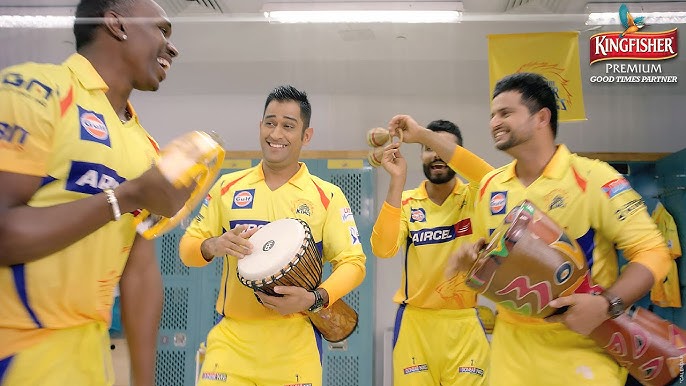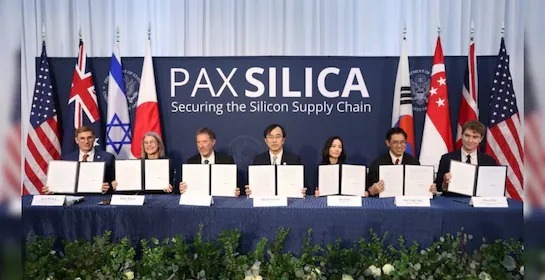G.C. Garg, J.@mdashIn pursuance of a notice dated January 29, 1988, Annexure P-3, published by the State Transport Commissioner, Punjab, applications were invited for the grant of three regular stage carriage permits with three return trips on Patti-Pathankot via Taran, Amritsar, Batala and Gurdaspur route. As many as 27 operators applied for the grant of permits. The substance of the applications submitted by them was published in the Motor Transport Gazette, Annexure P-4, as required u/s 57(3) of the Motor Vehicles Act, 1939 read with rule 4.6 of the Punjab Motor Vehicles Rules, 1940, for inviting objections/representations, if any. As per the policy decision of the State Government, a quota of 25% of the stage carriage permits was reserved for the Scheduled Castes domiciled in Punjab to be granted in any calendar year, having regard to the provisions of Section 47(1A)of the Motor Vehicles Act, 1939. The petitioner, a Transport Company, also appplied for the grant of permits, against the reserved quota for Scheduled Castes. The Claim of the peitioner was rejected by the State Transport Commissioner on the ground that it had already been granted permit on Jullundur Hoshiarpur route on the basis of reservation and as such its case was not being considered for the grant of permits in question. Against the order of the State Transport Commissioner, the petitioner preferred an appeal before the State Transport Appellate Tribunal (for short ''the Tribunal''). The Tribunal also rejected the petitioner''s Claim by observing as under:
The Counsel for Jalandhar-Ludhiana Transport Company submitted that this appellant is of Scheduled Castes category and that as such permits should have been given to it on this ground, but it has been observed by the State Transport Commissioner his order that this applicant had already been granted permit on Jalandhar-Hoshiarpur route on the basis of reservation of being Scheduled Caste and that as such it cannot be granted another permit on this route. There is no doubt that on the basis of reservation, the grant of permit should be spread over so that benefit can be achieved by as many persons as possible. The quota of the Scheduled Castes is to be met during the calendar year and it can even be taken over to the next year. The refusal of the grant of permit to this appellant is justified.
2. Learned Counsel for the petitioner vehemently contended that the Claim of the petitioner for grant of permit could not be rejected on the aforesaid ground. In support of this contention, learned Counsel placed reliance on
Admittedly, one permit was to be granted to a Scheduled Castes applicant and the only such candidate left in the field is the petitioner but his Claim was rejected by the State Transport Commissioner solely on the ground that he had already been granted a permit on Goindwal-Rayya route. This, to my mind, was not a valid ground on which the Claim could be rejected and in some cases it may even be an added merit of the applicant. The fact that a person already holds one or more permits is not necessarily a disqualification or a factor against him. The paramount consideration in such matters is the interest of the travelling public but when a permit is to be granted to an applicant belonging to a reserved category then inter se merits of the candidates belonging to that category alone would have to be seen and their merits cannot be compared with those from the general category.
3. Leaned counsel for the petitioner also placed reliance on a Division Bench of this Court in Ambedkar Bus Service Regd. Patiala v. The State Transport Appellate Tribunal. Punjab and Ors. Civil Writ Petition 6861 of 1991, decided on July 22,1992, where the view taken by the learned Single Judge in Mohali Bus Service. Jalandhar''s case was approved.
4. Learned Advocate General, Punjab appearing for the respondents argued that it was not necessary to grant permit to the petitioner against the reserved category of Scheduled Castes as deficiency in that category could be made good at the end of the calendar year and even otherwise could be carried forward to the next year. The contention as urged by the learned Advocate General, Punjab cannot be accepted in view of the observations made by the Division Bench in M/s. Ambedkar Bus Service''s case (supra). In the advertisement inviting applications for grant of regular stage carriage permits, it was made clear that 25% of the permits were reserved for the members of the Scheduled Castes category. This being so, consideration of reserved category permits could not be deferred to the end of the calendar year or carried forward to the next year especially having regard to the fact that the petitioner who belongs to the reserved category was available and was not otherwise found unsuitable. While concurring with the observation made in the two cases noticed above, suffice it to say, that the petitioner could not be refused the stage carriage permits on the ground that it had already been granted permits on some other route on the basis of reservation for Scheduled Castes.
5. An objection has been raised by the Advocate General, Punjab that there were seven appeals before the Tribunal and the petitioner ought to have joined all those seven appellants as respondents in the present writ petition, and since it has not been done, the writ petition should fail for non-joinder of necessary parties. the objection as raised, cannot survive as the petitioner is not seeking any relief against any of those appellants. The petitioner is aggrieved only against the grant of permit in favour of the Punjab Roadways, Patti, which has been impleaded as a party herein being respondent No. 3.
6. Out of three permits with three return trips one permit with half return trip could legistimately be considered as reserverd category permit and dealt with accordingly, Since no other person of the reserved category challenged the order of the authorities below, the case of the present petitioner can legitimately be considered for grant of half permit with half retrun trip. The grant of one permit with half return trip in favour of respondent No. 3 deserves to be quashed on the same parity of reasoning as was done by the Division Bench in M/s. Ambedkar Bus Service, Patiala''s case (supra).
7. In view of the above discussion, the impugned orders, dated September 14, 1988, Annexure P-5 and dated September 6, 1990, Annexure P-6, passed by the State Transport Commissioner in exercise of the powers of the Regional Transport Authority and the State Transport Appellate Tribunal, Punjab, respectively are quashed to the extent of one permit with half return trip granted in favour of the Punjab Roadways, Patti, with the direction to the State Transport Commissioner to grant to the petitioner one permit with half return trip daily on the route in question, if the petitioner is otherwise eligible for the same. The Claim for grant of permit to the petitioner shall be considered and finalised as expeditiously as possible, preferably within three months from today. Till then the existing operator, the Punjab Roadways, Patti is allowed to continue to operate in order to avoid any inconvenience to the travelling public. the writ petition is consequently allowed in the- terms and with the directions indicated above. There shall, however, be no order as to costs.

